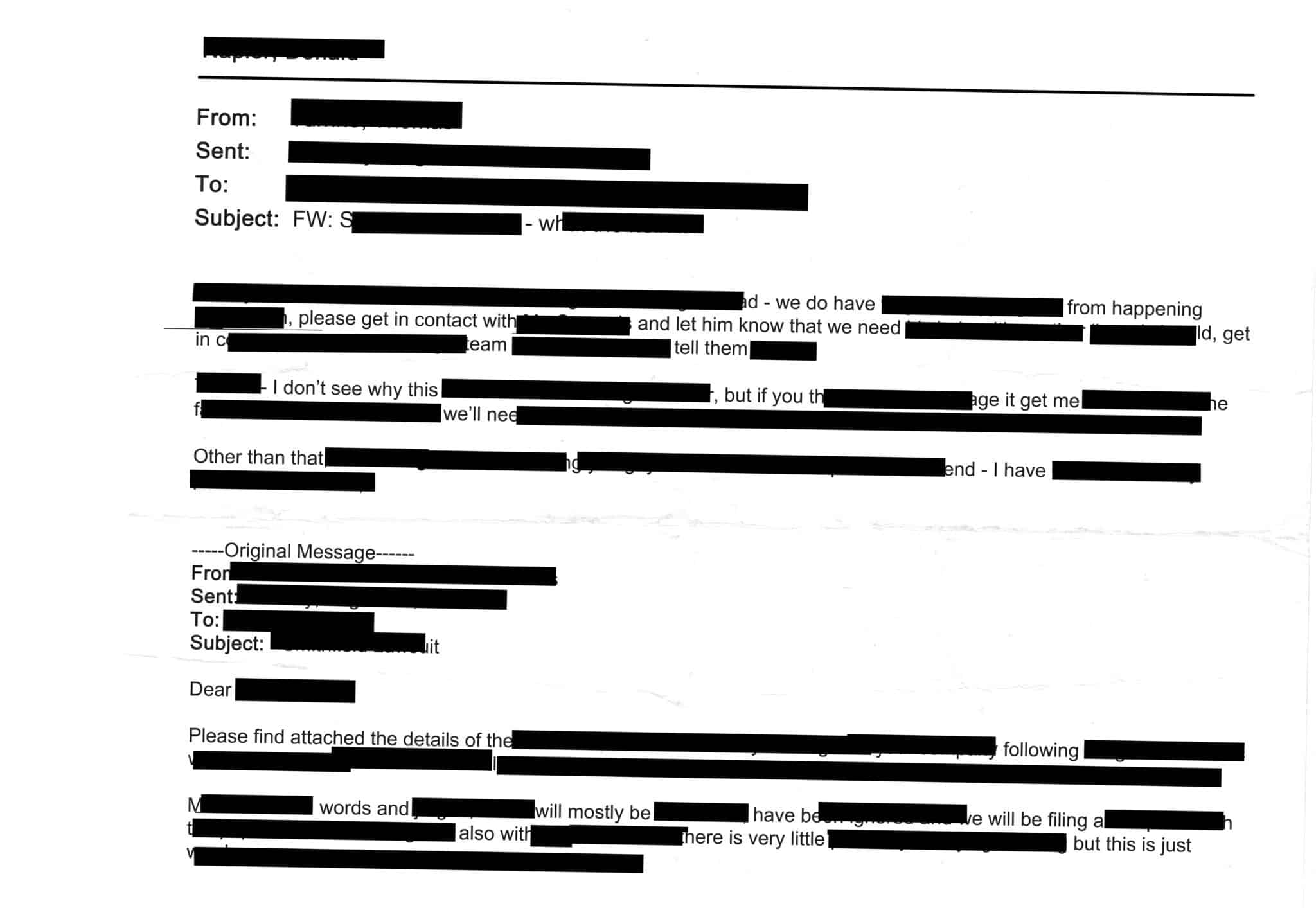
Why Athreon’s Research Transcriptionists and Editors Are Leading the Industry
September 22, 2023
Safeguarding Research Data: The Importance of Redaction in Transcription
September 26, 2023The Significance of Transcript Customization in Research Transcription
Research transcription is a crucial step in many academic and scientific studies, as it involves converting spoken words from interviews, focus groups, or recorded conversations into written text. Accurate transcription is essential for researchers to analyze and draw meaningful conclusions from their data. However, one-size-fits-all transcription services often fall short of meeting the diverse needs of researchers. This is where transcript customization comes into play, offering researchers the ability to tailor their transcripts to their specific research objectives and the coding requirements of QDA (Qualitative Data Analysis) software tools.
In this blog, we will explore why transcript customization is vital in research transcription and delve into the coding requirements for transcripts intended for analysis in QDA software.
The Role of Transcripts in Research
Transcripts serve as the foundation for qualitative research, enabling researchers to examine and interpret verbal data. These transcripts capture not only the spoken words but also the nuances, emotions, pauses, and non-verbal cues that are often just as informative as the spoken content. For researchers, transcripts are the raw material from which they extract patterns, themes, and insights.
Why Transcript Customization Matters
- Contextual Relevance: Different research projects have varying scopes, objectives, and research questions. Transcription companies should customize transcripts to align with the research’s context and specific goals. For instance, a sociological study on youth culture may require different transcription conventions compared to a psychological study on trauma survivors. Customization ensures that the transcript captures the nuances and terminology relevant to the study.
- Speaker Identification: Accurately identifying speakers in multi-participant interviews or focus groups is crucial. Customization allows researchers to include speaker identification tags or initials, making attributing statements to specific participants easier.
- Time Stamps: Depending on the research methodology and analytical approach, some researchers may require time stamps at regular intervals in their transcripts. This feature can be especially valuable for studies involving sequential interactions or observational research.
- Verbatim vs. Cleaned Transcripts: Researchers often need to decide whether they want a verbatim transcript (including filler words, stutters, and repetitions) or a cleaned transcript (without these elements). Customization allows researchers to make this choice based on their research goals and analytical preferences.
- Formatting and Styling: Customizing transcripts also extends to formatting and styling preferences. Some researchers may prefer a specific font, spacing, or layout for easier reading and coding within QDA software.
Coding Requirements for QDA Software
Researchers widely use Qualitative Data Analysis (QDA) software like NVivo, ATLAS.ti, or MAXQDA for coding and analyzing qualitative data. To ensure smooth integration of transcripts into QDA software, researchers should consider the following coding requirements:
- Consistent Naming Conventions: To maintain organization and traceability, it’s essential to establish consistent naming conventions for codes and categories. Researchers should ensure that the transcript customization aligns with these conventions, such as using specific labels or codes.
- Metadata Integration: QDA software often allows for the integration of metadata, such as participant demographics, interview date, and location. Customized transcripts should include these metadata elements in a structured format for efficient analysis.
- Text Segmentation: Transcripts should be segmented into meaningful units, such as paragraphs or individual responses, to facilitate the coding process. Customization can help researchers define these units based on their research objectives.
- Annotation Compatibility: Researchers may use various types of annotations within QDA software to mark noteworthy sections of text or add analytical notes. Customized transcripts should accommodate these annotations seamlessly.
- Searchability: Researchers frequently rely on the search functionality within QDA software to locate specific sections of text. Customized transcripts should ensure that text is easily searchable, with clear headings, labels, and formatting.
Athreon Unlocks the Power of Customized Transcripts in Qualitative Research
When it comes to qualitative research transcription, it’s imperative to have a solution that meets your specific research needs and streamlines the analysis process within QDA software. That’s where Athreon’s Trans|IT steps in as an invaluable ally for researchers.
Trans|IT is not just a transcription service; it’s a highly-customizable tool designed with researchers in mind. Whether your project requires contextual relevance, speaker identification, time stamps, or a specific formatting style, Trans|IT can adapt to your preferences seamlessly.
What truly sets Trans|IT apart is its compatibility with QDA software, ensuring a smooth transition from transcription to analysis. It adheres to consistent naming conventions, integrates metadata efficiently, and enhances text segmentation for coding ease. Plus, its user-friendly interface makes the entire process intuitive for researchers.
Moreover, Trans|IT goes the extra mile by prioritizing data security and compliance. It’s IRB compliant, offering peace of mind for ethical research, and leverages advanced speech-to-text technology to expedite transcript delivery without compromising accuracy.
In your quest for reliable, customizable, and efficient research transcription services, take a look at Athreon’s Trans|IT. It’s the partner you need to unlock the full potential of your qualitative research, allowing you to focus on what truly matters—gaining valuable insights from your data. Don’t settle for less when you can have the best transcription service that aligns with your research goals and coding requirements. Try Trans|IT today and experience the future of qualitative research transcription.





